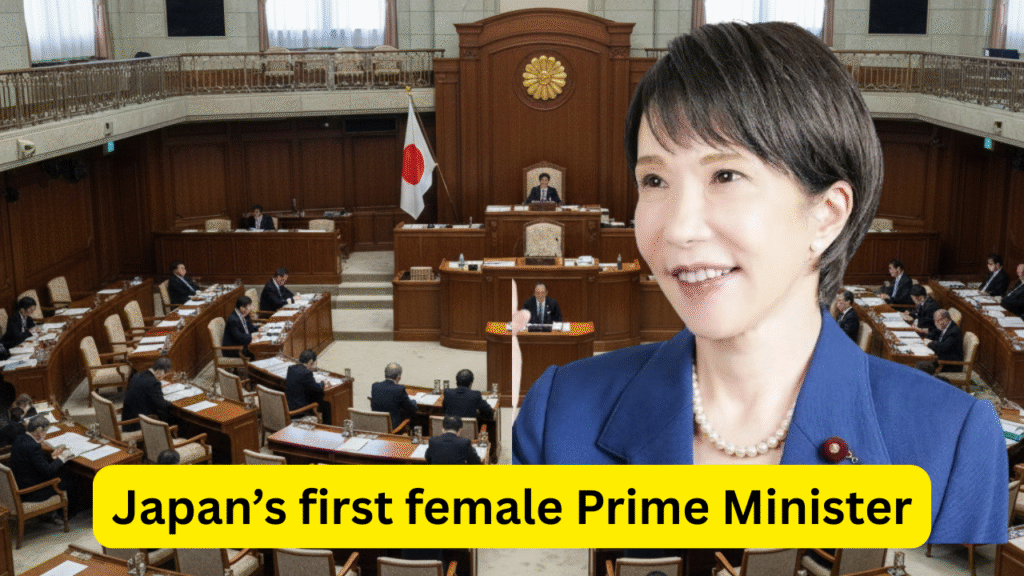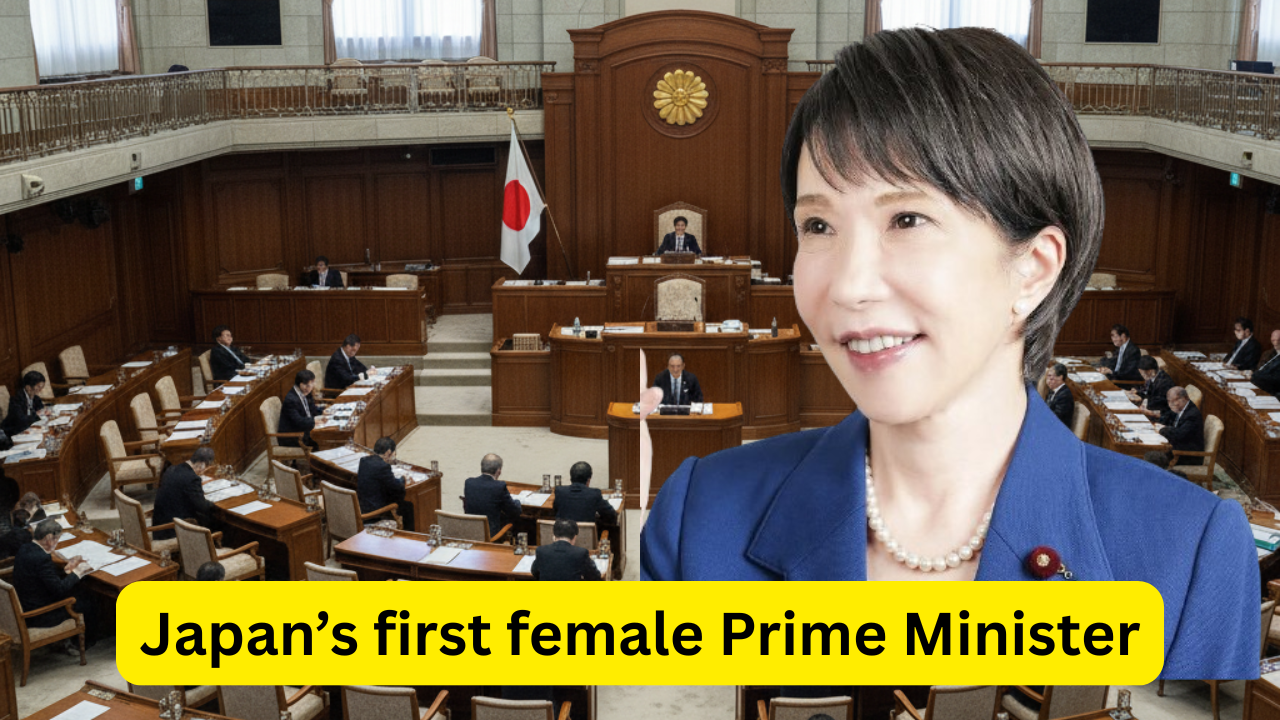In a milestone moment in Japanese politics, Sanae Takaichi was chosen as Japan’s first female prime minister on 21 October 2025. Supported by the governing Liberal Democratic Party (LDP) and right-wing Japan Innovation Party, Takaichi replaces Shigeru Ishiba and takes over immediately at the head of a country beset with economic and political issues.
Takaichi, who was born in 1961 in Nara Prefecture, is a veteran LDP politician who is renowned for her right-wing and nationalist stances. She has been holding various government posts for decades and earned herself a reputation as an adamant advocate of more assertive defense policies, rigorous immigration controls, and traditional values such as opposition to same-sex marriage and certain gender equality reforms.
Her election is being recognized as a milestone in history, shattering Japan’s long-standing gender barrier in high-level political leadership. Her ascendancy is also regarded as an indication of a possible shift in the country toward further right-wing policies, specifically on defense, constitutional amendment, and national security.
While she won, Takaichi has urgent challenges ahead. Japan is already struggling with increasing inflation, a falling yen, and discontent at living expenses. Her coalition government, which she heads, is politically brittle, calling into question the ability to pass key legislation easily.
Onlookers will be keenly observing how Takaichi tackles these immediate domestic concerns, such as cost of living tensions, economic reform, and wage stagnation. Abroad, her defense and security policies will also have profound effects on regional ties with China, North Korea, and Japan’s historic alliance with the United States.
While her election is symbolic for women in Japanese politics, critics note that Takaichi’s policy stances may limit progress on gender equality and diversity initiatives in the country. As Japan enters a new chapter under Takaichi’s leadership, her ability to navigate domestic economic pressures, coalition politics, and international security challenges will define her tenure and the nation’s political trajectory.










